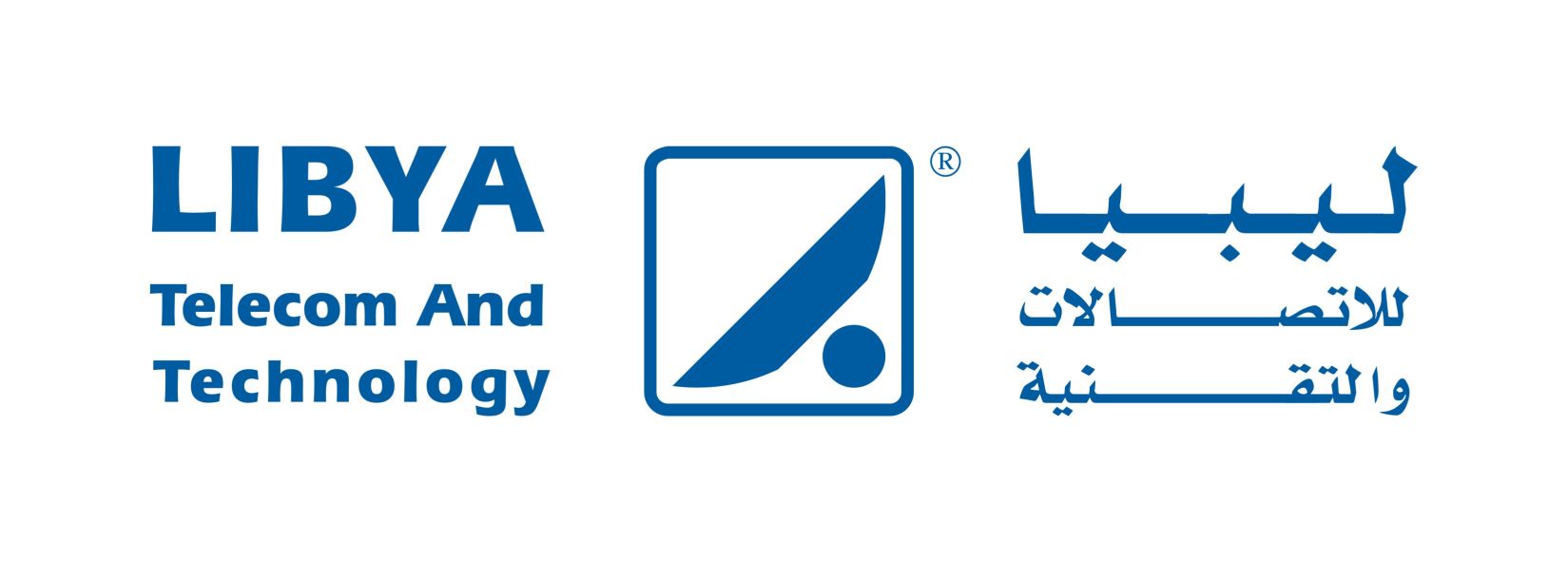By Tom Westcott and Reem Tombokti.

Tripoli, 12 April 2013:
Claims are circulating amongst IT specialists that the Libya Telecom and Technology (LTT) website . . .[restrict]has been hacked, making at least some of its estimated 350,000 customer accounts, including those of government ministries, vulnerable.
The IT manager and one of the founders of Electronic Front Libya, Ali Tweel, told the Libya Herald that hackers have gained access to customers’ personal information, including passwords, and some high-level business and government accounts. He added that this is not the first time that LTT, the country’s main internet service provider, has been hacked. “This has been happening since 2011,” he said.
“We are currently investigating the accuracy of this information,” the chairman of LTT, Saad Ksheer, told the Libya Herald. “Looking into it so far, it does not show that anyone has been hacked.”
Ksheer did admit that modern technologies were becoming very complex and that information could possibly be obtained by people with the right access.
“There is a little bit of ground still to be covered,” Ksheer said, adding that thorough investigations would continue over the next week. LTT did not want to conclude its probe, he said, until the company had “clear evidence” of whether or not the site has been hacked.
However, the ‘I hate LTT’ campaign group has now published what purports to be proof that the website has been hacked on its Facebook page. Images apparently show “a copy of the database of the private accounts of some subscribers,” which are accounts belonging to Tripoli University. The group said the full list showed details of 790 accounts.
The hackers have, however, removed the passwords from the posting. Other people who have apparently broken into one of LTT’s two servers, one of which houses customer data, are less cautious. A seven-minute screen cast video has been posted on YouTube, purportedly giving a step-by-step guide on how to break into the LTT server.
IT specialists have been making claims that LTT has been subject to hacking since 2011. However, in recent weeks, the allegations have been spreading through social media websites, fuelled by customers concerned about an increasingly poor service and mysteriously vanishing WiMax credit.
The poor service, Ksheer says, is due to the WiMax network being completely overloaded.
However, customer concerns are being compounded by some users receiving warning messages when they go online, which tell them that another user is logged in to their account.
Tweel claimed today to the Libya Herald that the system for assigning four-digit pin codes was rudimentary and easily worked out. He said that hacking into LTT’s servers, the second hosting its web site, had been a challenge for computer buffs since WiMax was introduced in 2009. He added that the hacking fraternity was now going public with its claims about LTT’s vulnerability, to try and force the internet provider to improve its services, by making its customers angry at the weakness of its systems, as well as its infrastructure.
LTT is the country’s main internet service provider but has come under sustained criticism for its substandard service. This is reflected by the ‘I hate LTT’ Facebook page having 19,079 likes, more than double the number those of the ‘LTT alerts centre’ Facebook page, which has only attracted 8,212 likes.
Libyan law does not currently protect its citizens from cyber-crimes, such as identity theft. [/restrict]








